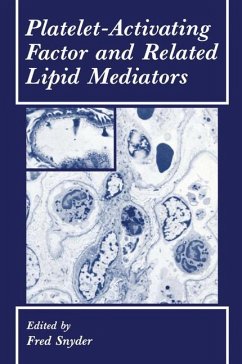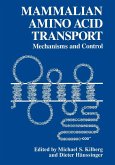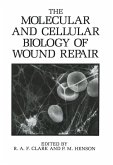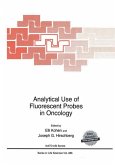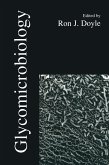Platelet-activating factor (PAF) is the commonly used name for a group of potent biologically active, ether-linked phospholipids, the alkylacetylglycerophospho cholines. Following the identification of the chemical structure of P AF in 1979, much progress has been made in our understanding of these phospholipid medi ators. This is particularly true from the points of view of their molecular structural requirements for expression of biological activity, their biosynthesis and cata bolism, their diverse range of biological activities, evidence for their specific recep tors at the cell surface, the development of specific antagonists for use in receptor studies and for testing as potential anti-PAF drugs, and implications about their involvement in health and disease. Chapters in this book cover the current status of these general areas of PAF research. Although an enormous amount of information has been published about this interesting new type of phospholipid mediators, questions about their mechanism of action, regulatory controls, and the precise role and relative importance of P AF in specific diseases and physiological functions remain to be answered. Since the 1979 discovery, the PAF field has brought together scientists from a variety of different biomedical disciplines. The diversity of scientists now in PAF research is very apparent from the number of P AF publications appearing in a wide array of scientific journals, ranging from molecular biology to clinical medicine. Publications related to PAF continue to increase at an amazingly rapid rate, with the pace reminiscent of the period following the discovery of prostaglandins.
Bitte wählen Sie Ihr Anliegen aus.
Rechnungen
Retourenschein anfordern
Bestellstatus
Storno

